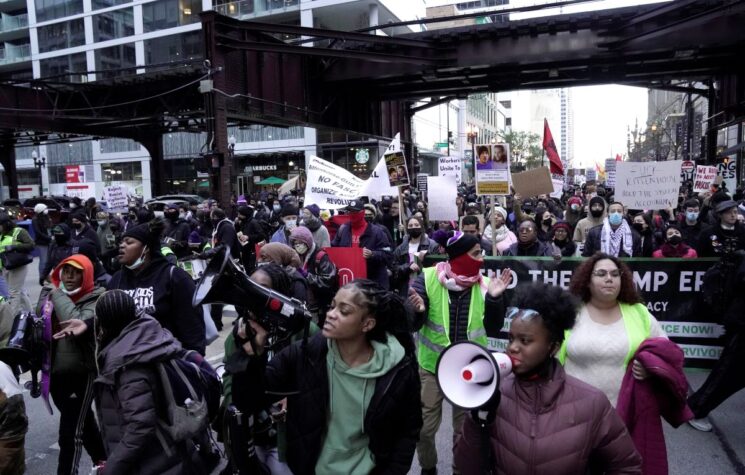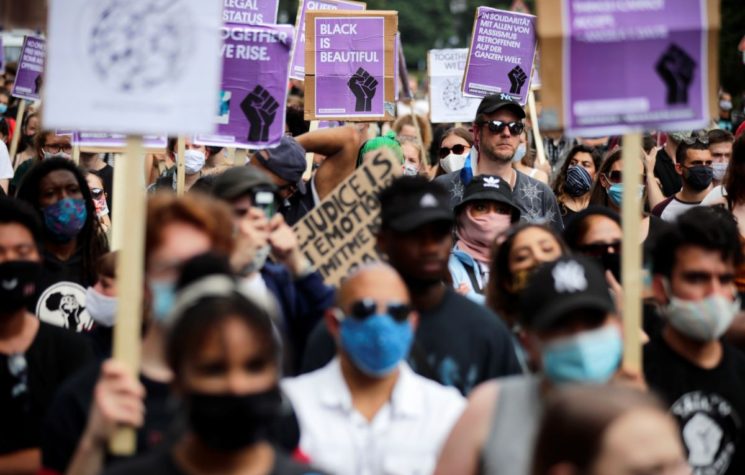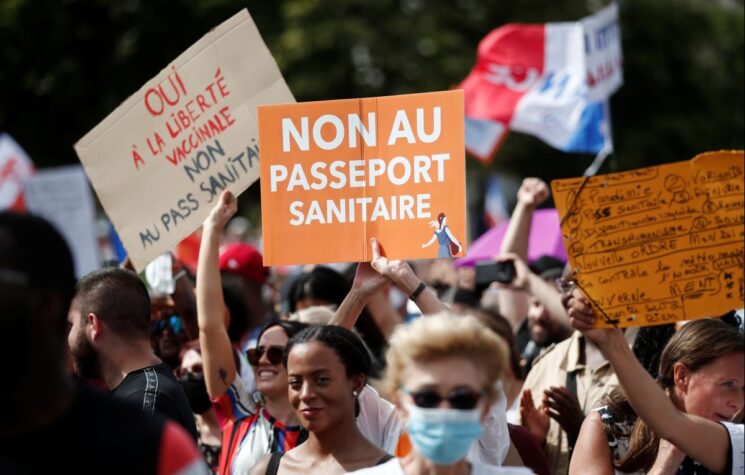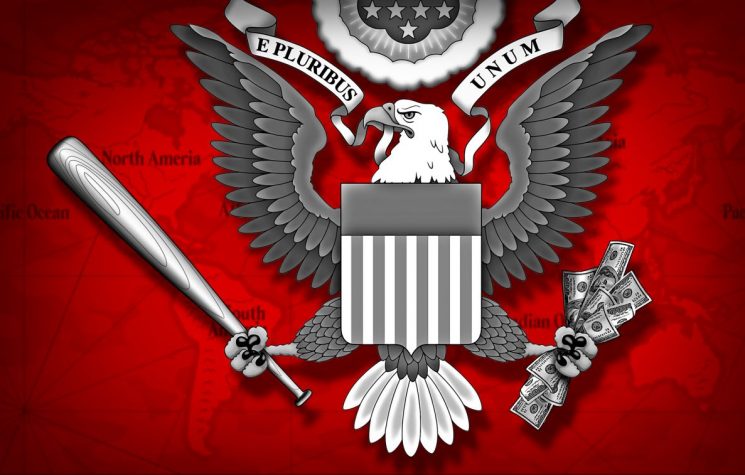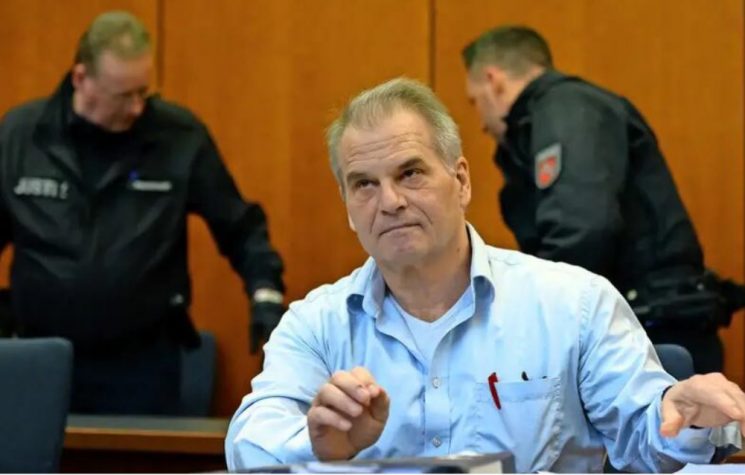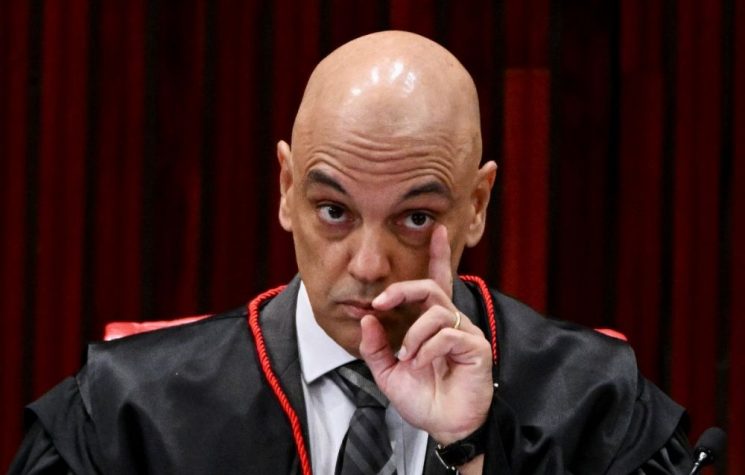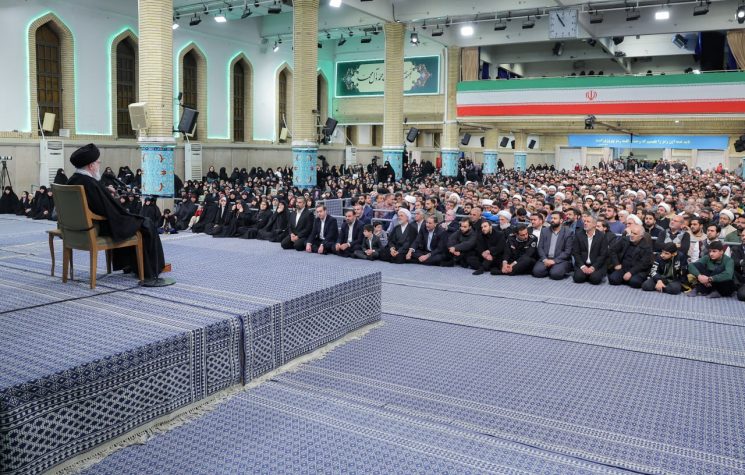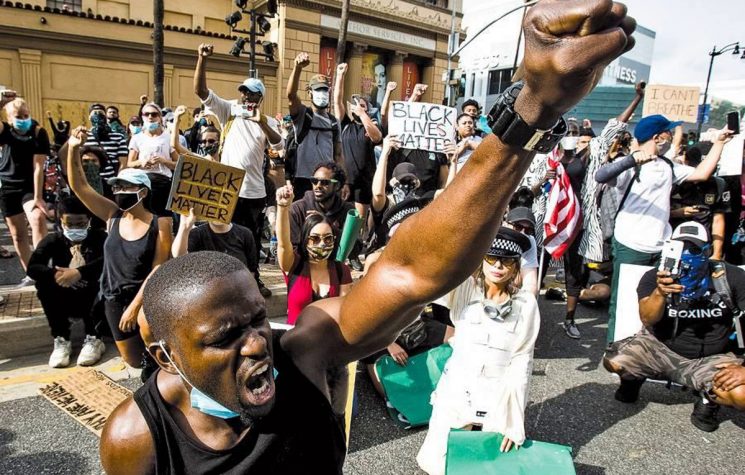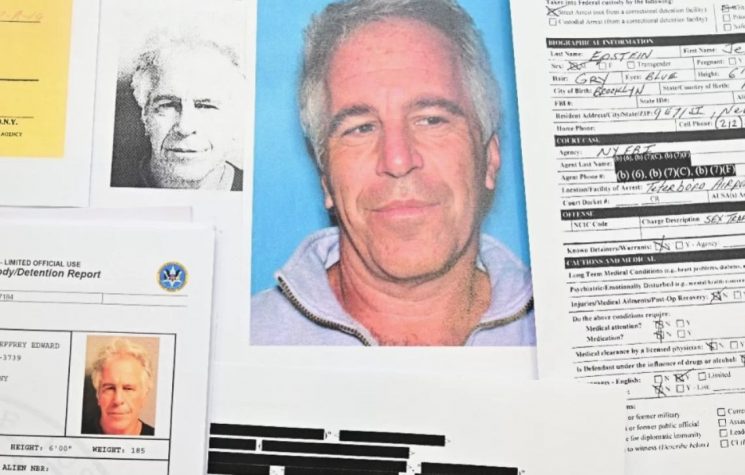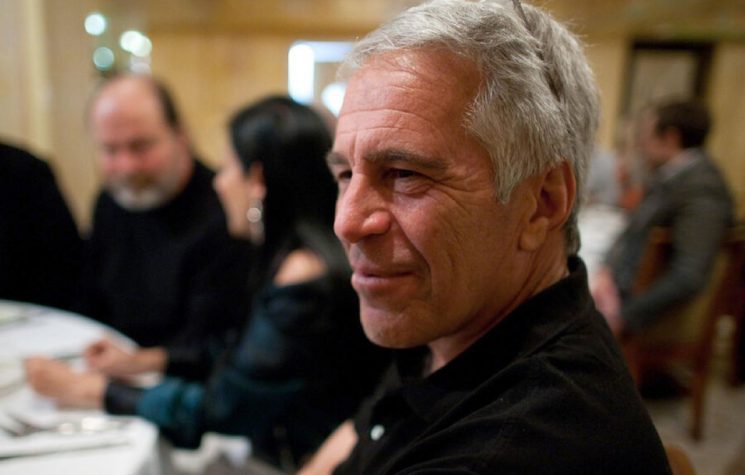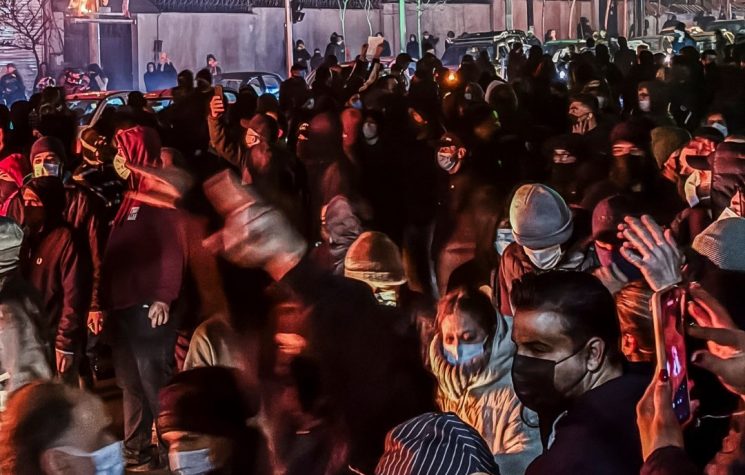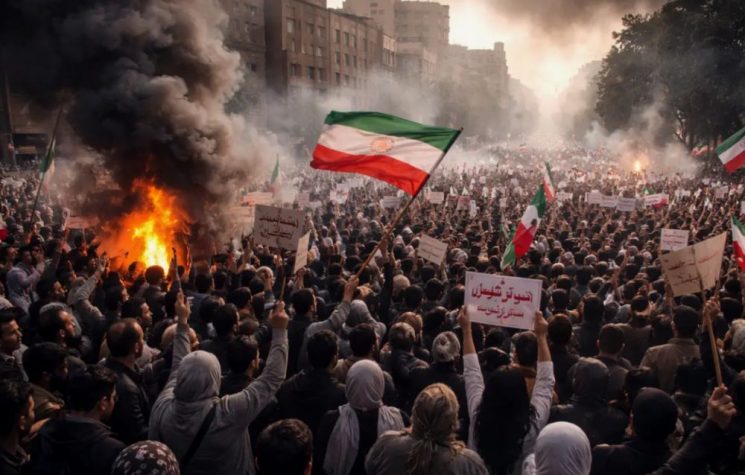How looting and stealing could help a person “imagine a world that could be” it is difficult to imagine, but the left must do better than merely coddling and apologizing for the criminals in their midst.
Americans are facing a new type of crime wave that got its start in the mad liberal laboratory, where the utopian notion that going soft on criminals is going terribly awry. While threatening the traditional brick and mortar shopping experience with extinction, and making communities a living hell, the left needs to stop trying to reinvent the wheel.
Apparently unwilling to wait for Black Friday discounts, roaming gangs of young men are descending on retail outlets and pharmacies in flash mobs, clearing out the store shelves in a matter of seconds as clerks look on helplessly.
$100k in handbags ? stolen at a Louis Vuitton store near Chicago! pic.twitter.com/jaElFgbkWO
— Asian Crime Report (@activeasian) November 19, 2021
In one pre-Thanksgiving raid, about 90 individuals stormed a Nordstrom outlet in Walnut Creek, situated in the San Francisco Bay Area. Members of the masked mob pepper-sprayed one employee, and assaulted another with a knife before making off with an estimated $100,000 in merchandise. Many of the looters made their getaway in some 25 vehicles parked out front.
Disturbingly, as this sort of mayhem unfolds in major cities across the country, liberals seem more preoccupied with determining how to define the criminal acts.
Lorenzo Boyd, PhD, Professor of Criminal Justice & Community Policing at the University of New Haven, and a retired veteran police officer, is just one academic who seems more obsessed with semantics than digging to the root of the problem.
“Looting is a term that we typically use when people of color or urban dwellers are doing something,” Boyd remarked in an interview with ABC7 news channel. “We tend not to use that term for other people when they do the exact same thing.”
And by “other people” it is abundantly clear who Boyd is referencing.
It’s looting. Just like there were riots in Kenosha, not just protests. https://t.co/trvUHxsCHU pic.twitter.com/nmdUTg6IXT
— Scott Walker (@ScottWalker) November 23, 2021
Martin Reynolds, Co-executive director of the Robert C. Maynard Institute of Journalism Education, invited listeners to compare the current wave of flash mob thefts to the fallout from Hurricane Katrina, when many marginalized New Orleans residents, the majority of them Black, were labeled looters for stealing from local businesses.
“This seems like it’s an organized smash and grab robbery,” Reynold said, speaking about the current phenomenon of flash mobs. “This doesn’t seem like looting. We’re thinking of scenarios where first responders are completely overwhelmed. And folks, often may be on their own,” he said.
While both academics do make some valid points, there is a risk of liberals getting trapped in a game of semantics that eventually leads to social disaster. More on that in a moment. At the same time, the radical progressives wish to ignore the fact that the primary reason for these crimes happening at all is because they went soft on crime.
Back in 2014, the Democrats in California passed ballot initiative Proposition 47, which legislates that theft of less than $950 in merchandise is considered to be a nonviolent misdemeanor. In other words, such cases are rarely prosecuted. The repercussions of such stupidity should not have been hard to predict.
Prop. 47 led to a rise in the larceny theft rate of about 135 per 100,000 residents, an increase of close to 9 percent compared to the 2014 rate, according to a report by the Public Policy Institute of California. Police Chief David Swing, president of the California Police Chiefs Association, responded, saying that the PPIC’s conclusions “are consistent with what police chiefs across the state have seen since 2014.”
But for store owners in California and elsewhere, there is no need for special reports. The damage from the shortsighted legislation is abundantly clear.
“Theft in Walgreens’ San Francisco stores is four times the average for stores elsewhere in the country, and the chain spends 35 times more on security guards in the city than elsewhere,” reported the San Francisco Chronicle, discussing just one of the myriad casualties of Prop 47.
Experts caution use of ‘looting’ in describing rash of Bay Area smash and grabs https://t.co/dQfftRG84T
— ABC7 News (@abc7newsbayarea) November 23, 2021
Compounded with the problem of a legal system that is increasing willing to let criminals walk, a confab of writers, agitators and academics are more inclined to see the ‘poetic justice’ of young marauders clearing out stores in coordinated flash mobs.
Last year, during the street protests in the wake of George Floyd’s death, a Chicago Black Lives Matter organizer called looting in the Windy City “reparation” for past crimes committed against Black people.
“I don’t care if somebody decides to loot a Gucci’s or a Macy’s or a Nike because that makes sure that that person eats,” Ariel Atkins screamed at a rally outside the South Loop police station.
“That’s a reparation,” Atkins said. “Anything they want to take, take it because these businesses have insurance.”
But even before George Floyd had become a household name, self-described agitator Vickie Osterweil had penned a book entitled, ‘In Defense of Looting,’ provided an apology for the act of looting before it was cool.
Beginning by explaining that the word comes from the Hindi, lút, which means “goods” or “spoils,” Osterweil (who wrote the book under the name ‘Willie Osterweil,’ apparently at a different stage in life) goes on to argue that the idea of property in the United States is “derived through whiteness and through Black oppression, through the history of slavery and settler domination of the country.”
Funny how many of the oppressed and downtrodden of the world are willing to be consoled by Gucci bags, Samsung televisions and Nike tennis shoes. But I digress.
Osterweil goes off on a massively contradictory spiel, somehow equating the theft of property with liberation from the “White man’s world.”
“Looting strikes at the heart of property, of whiteness and of the police; it gets to the very root of the way those three things are interconnected,” she says. “And also it provides people with an imaginative sense of freedom and pleasure and helps them imagine a world that could be. And I think that’s a part of it that doesn’t really get talked about — that riots and looting are experienced as sort of joyous and liberatory.
How looting and stealing could help a person “imagine a world that could be” it is difficult to imagine, but the left must do better than merely coddling and apologizing for the criminals in their midst. More than just midterms are at stake.








